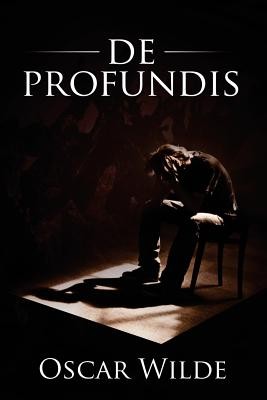Description
"The most terrible thing about it is not that it breaks one's heart-hearts are made to be broken-but that it turns one's heart to stone."
Oscar Wilde, De Profundis
De Profundis (Latin: "from the depths") is an epistle written by Oscar Wilde during his imprisonment in Reading Gaol, to Lord Alfred Douglas. During its first half Wilde recounts their previous relationship and extravagant lifestyle which eventually led to Wilde's conviction and imprisonment for gross indecency. He indicts both Lord Alfred's vanity and his own weakness in acceding to those wishes. In the second half, Wilde charts his spiritual development in prison and identification with Jesus Christ, whom he characterises as a romantic, individualist artist.
Wilde wrote the letter between January and March 1897, close to the end of his imprisonment. Contact had lapsed between Douglas and Wilde and the latter had suffered from his physical labour and emotional isolation; a new warden thought that writing might be more cathartic than prison labour. Wilde's work was closely supervised and he was not allowed to send the letter, but took it with him upon release, whereupon he entrusted the manuscript to an ex-lover, the journalist Robert Ross, with instructions to have two copies made: one to be sent to the author himself and the other to Douglas. Ross published the letter in 1905, five years after Wilde's death, giving it the title "De Profundis" from Psalm 130. It was an incomplete version, excised of its autobiographical elements; various editions gave more text until 1962 when the complete and correct version appeared in a volume of Wilde's letters.



Reviews